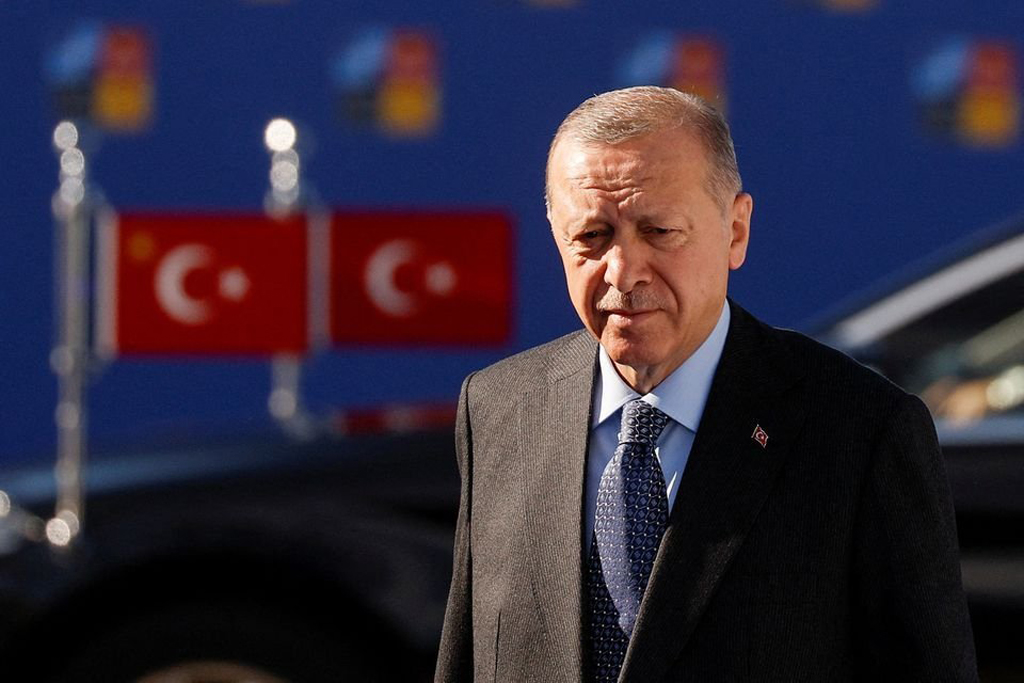
Türkiye’s upcoming moves amid transforming region, geopolitical risks
The recently-improved capacity of Türkiye’s defense industry and the country’s active policies will play an important role in the search for a new security architecture
Share
As Türkiye fixates on next year’s elections, new developments have been taking place in international politics. TRT World Forum 2022, whose main theme was “Mapping the Future: Uncertainties, Realities and Opportunities,” shifted everyone’s attention from the exhausting debate over the Turkish opposition’s presidential candidate(s) to global developments.
At the forum, which highlighted Türkiye’s positive impact on the Ukraine crisis (e.g., the grain deal, the prisoner exchange and the question of the Zaporizhzhia nuclear plant), President Recep Tayyip Erdoğan expressed his administration’s commitment to contribute to the solution of global problems. The reason, he said, was that “60% of all global crises and instability occurred in Türkiye’s neighborhood.” That, Erdoğan noted, requires the country to pioneer efforts for stabilization, security and peace – which he calls “peace diplomacy.” It was certainly unsurprising that many of the speeches at the forum, which brought together people from many countries, referenced the Ukraine crisis.
It goes without saying that the Russian invasion of Ukraine represented a geopolitical milestone. That development exposed the fragility of Europe’s security architecture and propelled new regional and global initiatives regarding energy, food, trade and security. The Biden administration’s recently-announced national security strategy talked about stopping Russia, containing China, supporting democracies and opposing autocracies. As Kadir Üstün points out, however, the United States lacks the global vision to reach those goals.
Having adopted more ambitious policies under Xi Jinping’s leadership, China obviously wants to help shape the international order and take steps to oppose Washington’s containment policy. Whereas Europe imposed additional taxes on steel and aluminum for the sake of combating climate change to compete with China, there is no reason to expect Beijing to give up on its trade empire, which expanded across the world over many decades. Xi’s three-day visit to Saudi Arabia signaled his intention to deepen China’s commercial ties with the Gulf states and the Arab world. Beijing could easily strengthen its hand on that front if it finds a way to manage the Taiwan crisis without waging war.
Tags »
Related Articles






